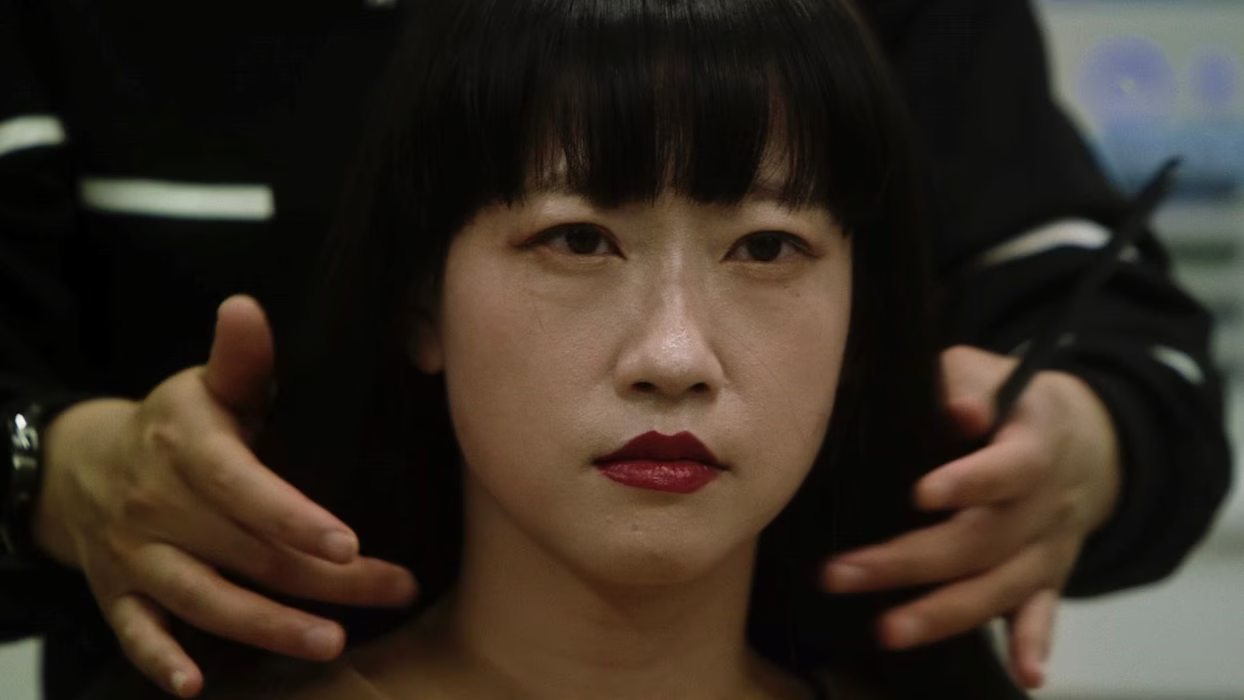Chinese athleisure giant Li Ning recently found itself in hot water after netizens called its latest collection offensive and disrespectful. The brand’s fall/winter collection, which was first showcased on September 23, features military-inspired pieces that are said to resemble Japanese army uniforms from World War II.
The collection includes a range of apparel, including waterproof parkas with multiple pockets and puffer jackets, but it was the helmet-inspired hats that have really ticked Chinese netizens off. According to many, they bear a close resemblance to the ones worn by Japanese soldiers during the Second Sino-Japanese War.

An extremely sensitive topic in China, the Second Sino-Japanese War began when Imperial Japan invaded China in 1937, sparking combat that lasted until 1945. Ten to 25 million Chinese civilians died during the war. Japan’s denial of the wartime atrocities by Japanese soldiers, especially concerning the Nanjing Massacre, has further fueled the tension between the two countries.
Netizens on the Chinese microblogging platform Weibo have expressed their discontent with Li Ning and posted comments like, “I used to buy Li Ning shoes pretty often, but I won’t do it anymore.”
That being said, others have pointed out the collection includes many other items of apparel that are far from offensive and deserve appreciation.

Following the backlash, screenshots of an alleged post by Li Ning’s ecommerce general manager Feng Ye have made their rounds on the Chinese web. In the post, Feng defended the brand’s designs and named a traditional Chinese helmet called the lixing kui (笠型盔) as the true inspiration for the controversial hat.
Feng also accused Chinese consumers of being ignorant about their own heritage and culture, a statement that (unsurprisingly) didn’t sit too well with netizens.

A few days later, Li Ning issued an apology on its official Weibo account and took the opportunity to explain that the collection had been inspired by generic aviator uniforms. The brand also thanked Chinese consumers for their support and promised to work on improving its future designs.
Many have expressed their support for Li Ning, which is seen as a pioneer domestic brand, and have dismissed the scandal as a forgivable incident.
Some consoling remarks range from, “Keep doing what you have been doing so far. After all, I really like your products,” to, “At least you apologized; just don’t do it again.”
The controversy comes only a few months after the police detained a Chinese woman for wearing a Japanese kimono while taking pictures on the streets of Suzhou in Eastern China.
Such backlash is not uncommon in China. Rising nationalism often results in boycotts of foreign brands like H&M and Adidas and intense criticism against domestic brands that allegedly disrespect Chinese culture.
All images via Weibo



















